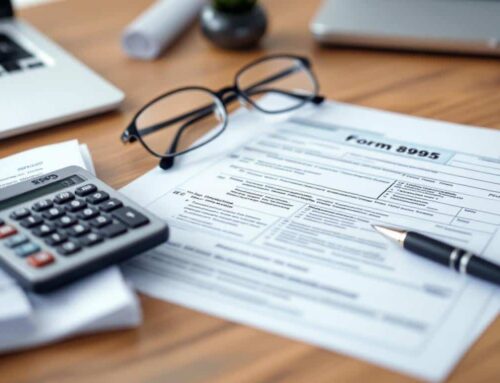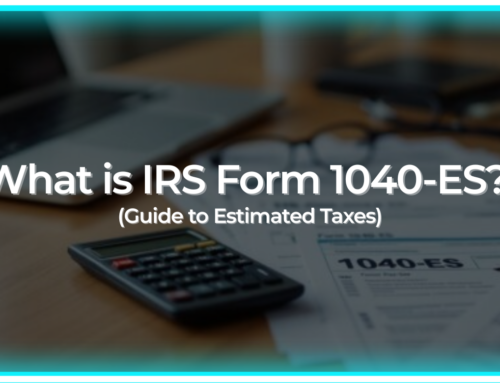Hi, I’m Bette Hochberger, CPA, CGMA. Today, I am going to give a CPAs guide on tax levies.
Understanding a Tax Levy
As an experienced CPA, I often encounter clients facing the dreadful reality of a tax levy. This occurs when you owe the Internal Revenue Service (IRS) money and have not responded to their notices.
The IRS, after issuing a Notice and Demand for Payment (CP501) and a Final Notice of Intent to Levy (CP504), is legally permitted to seize your property to settle the debt. But what exactly does this mean, and how can you handle it effectively?
The Process of a Tax Levy
Initial Notices
The IRS doesn’t immediately resort to a tax levy. First, they send a CP501 notice, a gentle reminder of the debt you owe. Ignoring this leads to a more serious CP504 notice – the Final Notice of Intent to Levy. This is your last chance to act before the IRS moves forward with the levy.
Seizing Assets
Once these notices are disregarded, the IRS can seize various types of property: bank accounts, wages, cars, real estate, and even retirement accounts. The goal is to liquidate these assets to cover your tax debt.
How to Handle a Tax Levy
Immediate Response is Key
Upon receiving a CP501 or CP504 notice, it’s crucial to act immediately. Ignoring these notices only worsens the situation.
Understand Your Options
- Payment Plan: If you can’t pay the full amount, the IRS often agrees to payment plans. This can be a more manageable way to settle your debt over time.
- Offer in Compromise: In some cases, the IRS might accept less than the full amount owed if you can prove paying the full amount is impossible due to financial hardship.
- Appealing the Levy: You have the right to appeal a levy, but this must be done quickly. An appeal can sometimes stop or delay the levy, especially if it would cause immediate economic hardship.
- Professional Assistance: Consulting with a CPA or a tax attorney is often the best course of action. Professionals can negotiate with the IRS on your behalf and help find the most viable solution for your situation.
Prevention: The Best Strategy
The most effective way to handle a tax levy is to prevent it. Stay on top of your tax obligations, respond to IRS notices immediately, and seek professional advice if you’re unsure about your tax situation.
A tax levy can be a stressful and challenging experience, but it’s not impossible to handle. Understanding your rights and options, and seeking professional guidance, can greatly ease the process. As a CPA, my role is to help navigate these turbulent waters and find a resolution that works for you.
I’ll see you all again soon.







